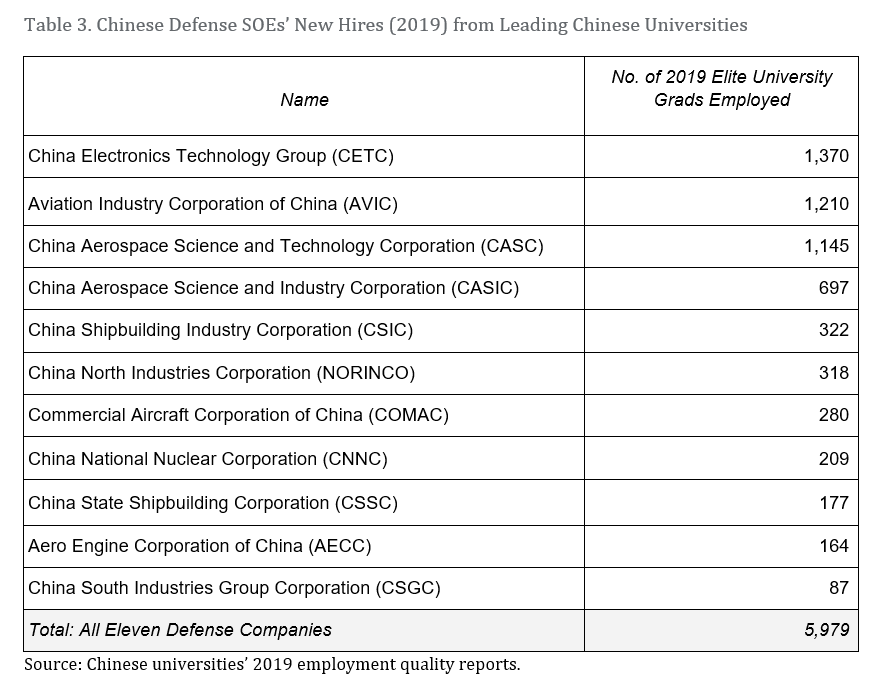
Seeing a few people compare this China Daily video to Russian disinformation operations. The comparison is spot on.
Here are a five similarities to Russian coverage of the 2018 #Skripal poisonings that deserve your attention:
Here are a five similarities to Russian coverage of the 2018 #Skripal poisonings that deserve your attention:
https://twitter.com/ChinaDaily/status/1348107266075938818
1. Step-by-step pseudo-refutation, attacking ethos, not substance.
The enumerated replies look like a bad high school debate flow chart. Take a look at this account, which constantly engaged in the same activity after the Skripal poisonings.
The enumerated replies look like a bad high school debate flow chart. Take a look at this account, which constantly engaged in the same activity after the Skripal poisonings.
https://twitter.com/elenaevdokimov7/status/1046318522610016256?s=20
2. Specifically attacking one reporting team, ignoring the many other sources of information.
During the Skripal poisonings, the target was @bellingcat. For this Xinjiang reporting, it's @BBCNews; ASPI and @adrianzenz have likewise been scrutinized.
During the Skripal poisonings, the target was @bellingcat. For this Xinjiang reporting, it's @BBCNews; ASPI and @adrianzenz have likewise been scrutinized.
https://twitter.com/mfa_russia/status/1235098993467650050?s=20
3. Refuting red herrings.
This video spends a lot of time establishing that Jiang Yong, a factory supervisor, doesn't speak English.
Who cares? This is barely relevant to the BBC reporting and ignores other interactions w/ security. Same as RU MFA: archive.vn/MiLlh
This video spends a lot of time establishing that Jiang Yong, a factory supervisor, doesn't speak English.
Who cares? This is barely relevant to the BBC reporting and ignores other interactions w/ security. Same as RU MFA: archive.vn/MiLlh

4. Presenting the refutation in a conversational narrative.
The format gives the illusion of audience buy-in, though the anchors here are obviously reading a script. Almost every broadcast about the Skripals I saw in Russia was similarly "narrativized."

The format gives the illusion of audience buy-in, though the anchors here are obviously reading a script. Almost every broadcast about the Skripals I saw in Russia was similarly "narrativized."

5. Implying that investigative journalists are not interested in uncovering the full story—by pointing to the state-imposed restrictions that preclude them from getting it.
Then, "Western journalists refused our calls for an 'official' investigation."
kommersant.ru/doc/4476138

Then, "Western journalists refused our calls for an 'official' investigation."
kommersant.ru/doc/4476138


• • •
Missing some Tweet in this thread? You can try to
force a refresh





